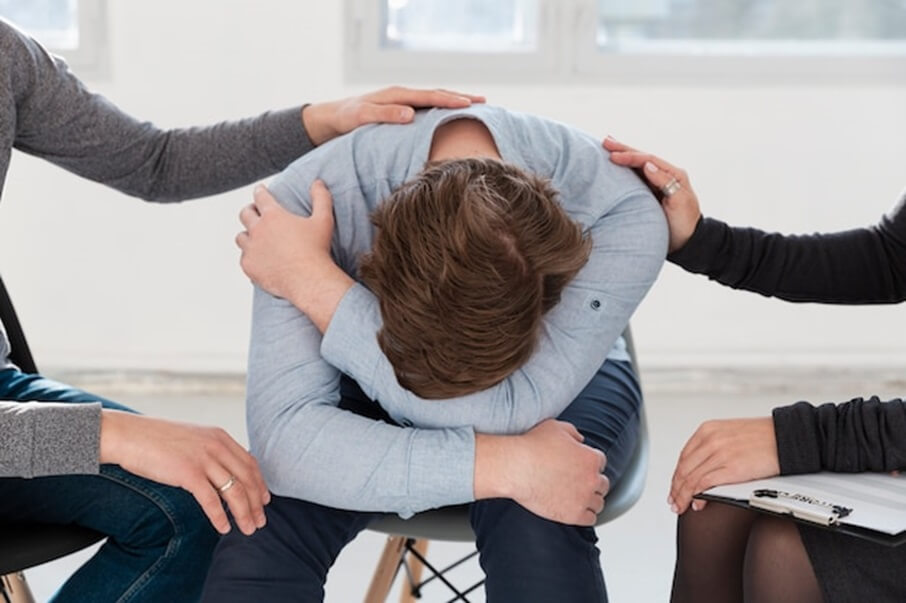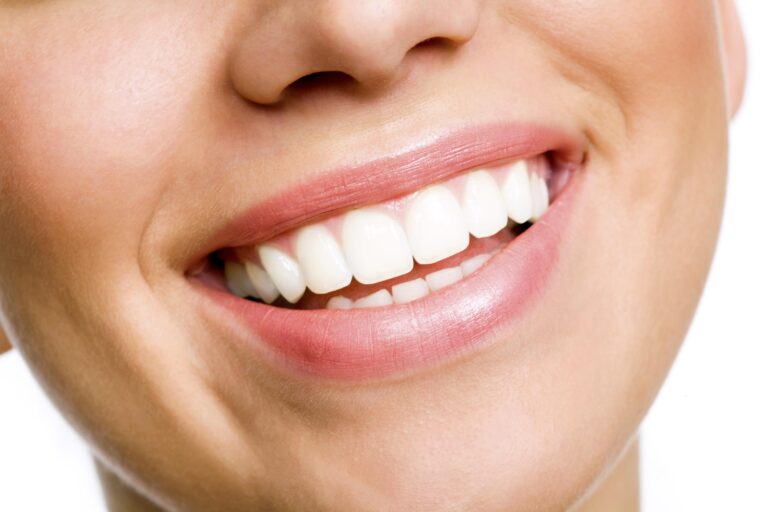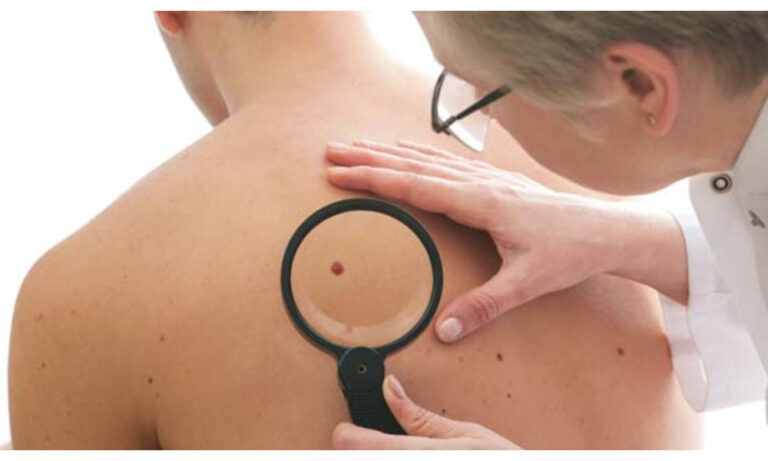

As someone in recovery from addiction, staying sober is a continuous battle – one that requires identifying and avoiding potential triggers. In this journey, it’s essential to be aware of the two main types of relapse triggers: internal and external. Understanding the distinctions between them can be key to maintaining successful sobriety. In this article, we’ll explore the differences between internal and external relapse triggers so that you can better recognize and manage them.
What Are Internal Relapse Triggers?
Internal relapse triggers are mental or emotional states that can lead to a relapse. They include feelings such as anger, fear, guilt, resentment, depression, and boredom. These feelings may be experienced in response to a stressful situation or simply arise out of nowhere. The key point here is that these types of triggers are based on the individual’s own thoughts, emotions, and behavior patterns. So, the individual has more control over them than external triggers.
What Are External Relapse Triggers?
External relapse triggers are environmental factors that can lead to a relapse. Examples of external triggers include people or places associated with drug use, the availability of drugs or alcohol, stressful events such as job loss or family issues, and certain types of advertising. These triggers are often difficult to avoid since they can’t be controlled by the individual. Therefore knowing how to help an addict that has relapsed becomes very important. This is because they may not be able to control the external triggers that are causing their relapse.
How Can I Avoid Relapse Triggers?
The best way to avoid relapse triggers is to be aware of them and to have strategies in place to cope with them. Internal triggers can be addressed through therapy, journaling, mindfulness practices, and other activities that help to recognize and work through difficult feelings. For external triggers, it’s important to develop a strong support system and to avoid people, places, or situations that may lead to relapse. You can also seek a medication assisted treatment program in Fort Lauderdale to help manage cravings and withdrawal symptoms. It can help you avoid triggers, maintain your sobriety, and achieve lasting recovery.
To Conclude
We hope this article has helped to illustrate the differences between internal and external relapse triggers. Remember, recognizing potential triggers is key to staying sober and avoiding a relapse. With the right support and strategies in place, you can manage your sobriety journey and live a fulfilling life. Good luck with your recovery!






